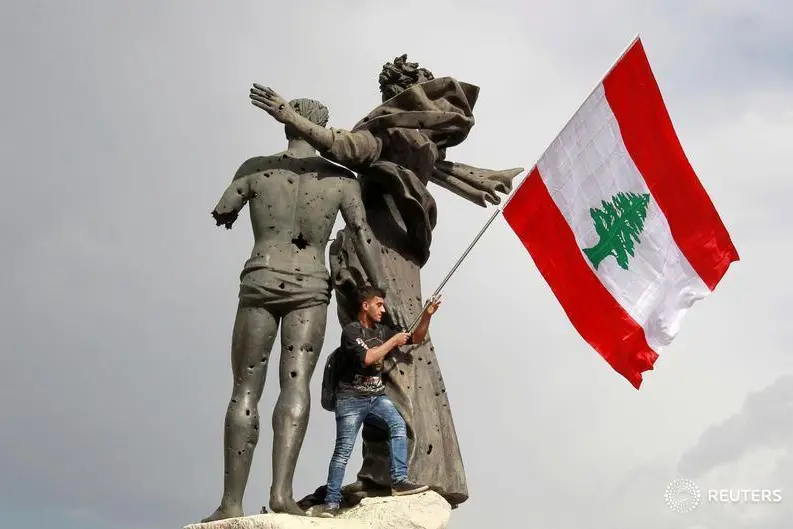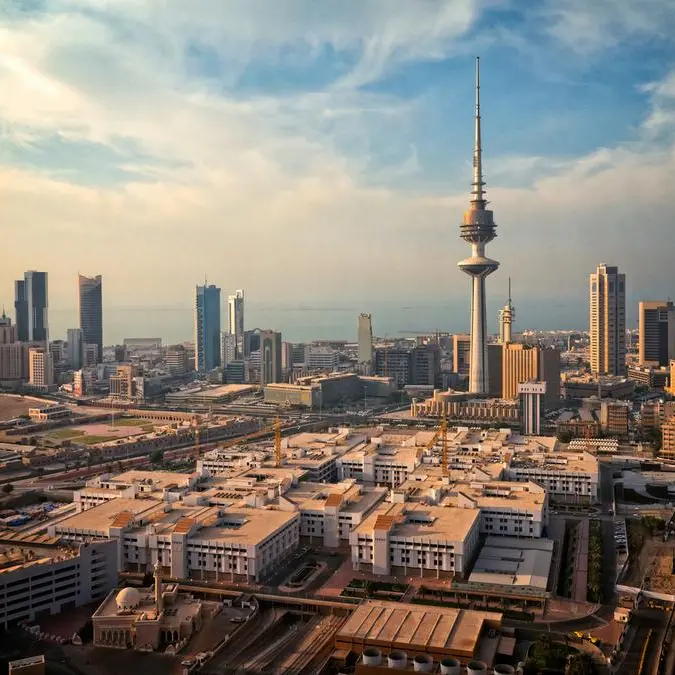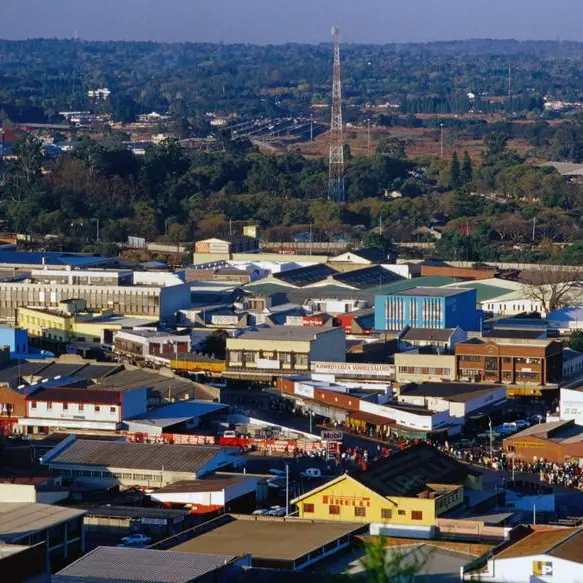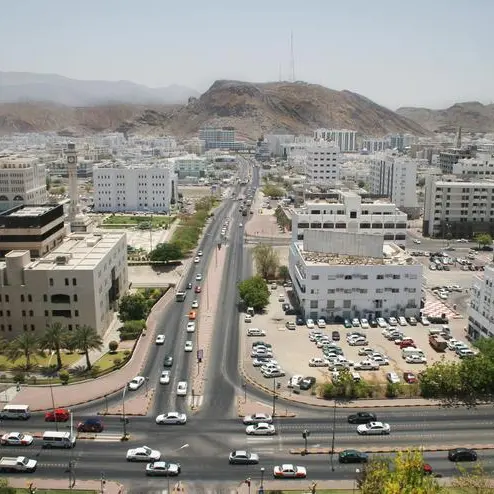PHOTO
There was a time when Lebanon’s “Zuama,” or confessional-come-political leaders, held sway in their respective communities.
Their role in providing access to opportunities, amenities and basic provisions was central to their support. They were free to politic in Beirut, becoming billionaires in the process, while their supporters muddled through the developmental challenges that are part of any emerging economy.
In 2019 this changed, as the Lebanese people took to the streets to voice their opposition to a worsening state of affairs. As the government made only cosmetic changes the Lebanese pound slumped, and just when many people thought the former “Paris of the East” had reached the brink, the global pandemic broke the back of the country while its effete elites looked on from their mountainside second homes.
The middle class had been cocooned in luxury apartments surrounded by imported foreign domestic staff, living to almost European standards. Now, however, they find themselves bartering for food and kitchen appliances.
The artificial development of Lebanon’s economy following the Civil War has come unstuck. The Lebanese pound has fallen to a sixth of its previous value, exacerbating the problems faced by the working class, whose modest savings are now worth a pitiful amount.
With clinics closed because doctors’ salaries have gone unpaid, importers of medical supplies have gone bust and lifesaving drugs are hard to come by at a time when a health care crisis has taken hold. For those that still have jobs and are being paid, minor procedures cost more than a month’s wages.
The cost of basic groceries is almost as crippling. With inflation spiraling out of control and a likely famine on the horizon, the average Lebanese citizen awaits even more challenging times.
The current situation has completely shattered the veneer of progress that followed the Taif Agreement that brought the country’s bitter Civil War to an end in 1990.
As bullet holes were plastered over, a construction boom gave the impression of a newly confident state.
As glitzy hotels were built for tourists from the Gulf — who now arrive in a trickle that is a fraction of their former numbers — the country’s housing situation worsened. The bloated government failed to house its small population, real estate prices soared while real salaries increased only modestly.
As young Lebanese struggled to secure housing and stable careers in the new Lebanon, political leaders helped themselves to the country’s most lucrative opportunities while driving their people into an ever-more precarious economic situation.
Corruption became the only way to grease the cumbersome dysfunctional state and now Lebanon ranks 137th in Transparency International’s Corruption Perceptions Index.
The solution to the transient bubble of prosperity was characteristically self-serving. Banks owned by Lebanon’s elite accumulated debt, only to effectively sell that debt to the state. A fanciful dollar peg level for the currency exacerbated a situation in which banks began paying up to 10 percent interest on deposits, only to then lend their own capital to the central bank for even higher rates.
Little Lebanon is now one of the most over-banked nations in the world and, not surprisingly, has one of the highest sovereign-debt loads.
For more than a decade this mirage was propped up by ritual visits of Lebanese politicians to wealthier neighbors, whose financial aid came with no conditions attached, such as reform of the banking system or the dismantling of the cozy coterie in charge.
The wheels came off this system in October last year, however. The dollars disappeared and, in the face of a huge trade imbalance, imported clothes, basic foodstuffs and fuel became expensive to the point of being unaffordable to most.
If the “You Stink” movement — the public response when cronyism led to garbage not being collected — did not stir Lebanon’s leaders into action, the scale of the current crisis certainly should.
Not a day has passed since the end of the Civil War when Lebanon has not had power cuts. Electricité du Liban receives at least $1.5 billion in financial support from the government, yet blackouts are the norm rather than the exception.
The innovative Lebanese circumvented the failure of their government to provide reliable power by paying extortionate amounts for energy from a network of privately owned neighborhood generators — today even fistfuls of money are not enough to keep the lights on.
Of course these acute problems of survival are not befitting of a people whose ingenuity and industriousness is of such renown. The confessional system is predisposed to self-service, and the post-Taif status quo has shown itself to be redundant. Throughout the pandemic, Lebanon’s leaders have once again illustrated their shortcomings through their abject failure to adequately provide public services.
The Lebanese people, though resilient, are tired. Nearly 30 years after the Civil War ended, they deserve better. There are far too many millionaires in Lebanon’s government, ruling over families for whom meat and diapers have become luxury commodities.
- Zaid M. Belbagi is a political commentator and an adviser to private clients between London and the Gulf Cooperation Council. Twitter: @Moulay_Zaid
Copyright: Arab News © 2020 All rights reserved. Provided by SyndiGate Media Inc. (Syndigate.info).





















